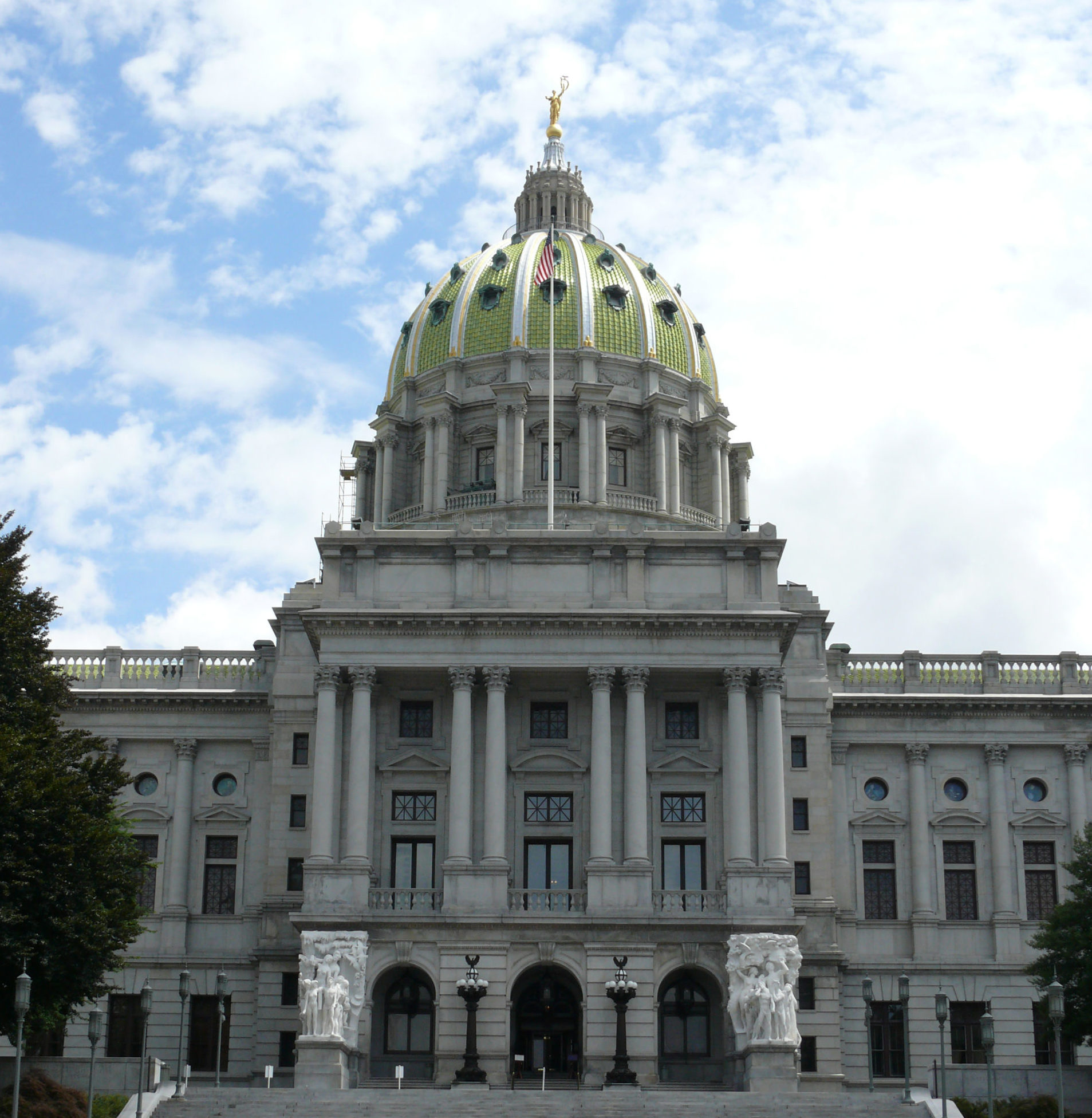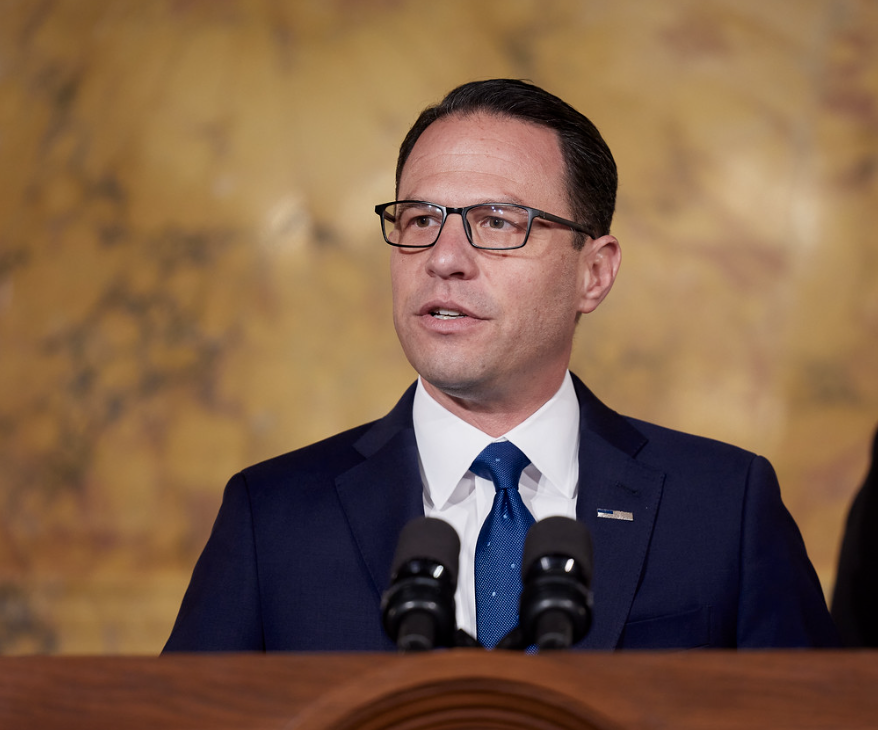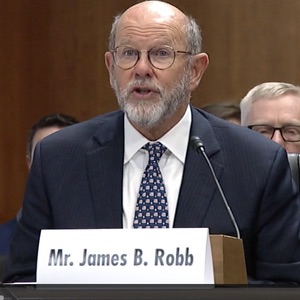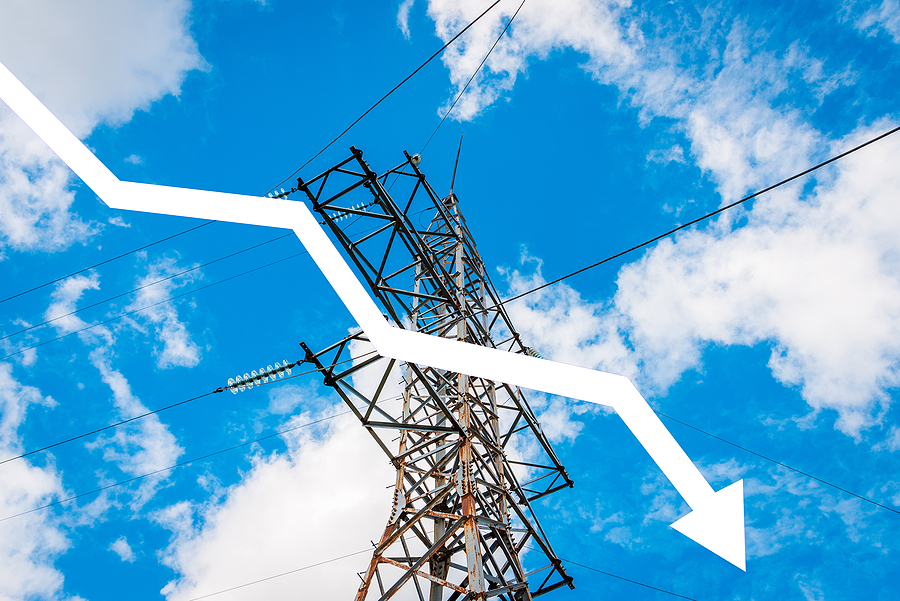MARKS: Can Pennsylvania Afford a Green Transition in Energy?

The energy landscape in Pennsylvania is rich. We’ve taken advantage of our huge coal and natural gas resources for more than a century. More recently, prolific gas production has ensured low heating and power generation costs in Pennsylvania for years. But the transition to a ‘green’ economy could stop this progress with clean coal and gas-fired generation, and could mean giving up our natural gas appliances too.
The energy industry in Pennsylvania has served us well. Pennsylvania homes and businesses enjoy energy low prices and good energy jobs. But now this is being threatened with bad science and misguided politicians.
First, some facts –
- Pennsylvania is the nation’s second-largest natural gas producer after Texas, producing more than 7½ trillion cubic feet each year.
- Pennsylvania is the third-largest coal-producing state, and it’s the second-largest coal exporter to foreign markets.
- Pennsylvania ranked second after Illinois in electricity generation from nuclear power. And since 2019, natural gas has surpassed nuclear energy as the largest source of in-state electricity generation.
- Over half of Pennsylvania households use natural gas as heating fuel; and the state’s 49 gas storage sites — the most for any state – help meet winter demand for the Mid-Atlantic and New England.
- Pennsylvania is the second-largest net supplier, after Texas, of total energy to other states.
Pennsylvania’s fossil fuel industry has been important to our nation – in the past, now, and in our nation’s future.
Today, we also demand that we are better stewards of the environment. Industry has delivered with improved manufacturing methods and more efficient infrastructure. The EPA reports that, since 1980, carbon monoxide emissions are down by more than 74%. Nitrogen dioxide emissions have been reduced by more than 70%. Sulfur dioxide emissions are off 93%. And carbon dioxide emissions – CO2 – for all vehicles during the same period – have fallen by 31% – and still trending down .
President Biden is pushing a transition to a green economy. But the EPA says we are getting greener without borrowing trillions of dollars. I was always taught If it ain’t broke, don’t fix it. Don’t force Electric Vehicles on us. Let us choose what works best now, while we improve on technology for the future.
Biden says green industries can deliver jobs. But running gas-fired power plants and refineries requires many workers. How many jobs would Pennsylvania lose under Biden’s Inflation Reduction Act, which, by the way has only increased inflation? Biden’s plan hopes to create more than 200,000 jobs over the next ten years in Pennsylvania. What Biden doesn’t tell you is that the good jobs in natural gas and coal go away, to be replaced with taxpayer-subsidized energy justice jobs and environmental justice jobs, whatever that means.
President Biden visited the Philadelphia shipyard to talk about energy jobs, and one particular ship’s components will be built by nine unions across the country. How do temporary jobs in Philadelphia help develop energy jobs across Pennsylvania? Biden hopes that workers who lose their jobs in the transition will find a place in the green economy. But the EV industry, as an example, is a net job loser for us, and a net job gainer for China.
Can Biden’s Inflation Reduction Act produce as many jobs as those we’ll lose? If your job that is connected with natural gas or coal, or if your job depends on Pennsylvania minerals for manufacturing, then you can understand the damage that will be done if Mr. Biden phases out gas and coal. You see, after the equipment is built and installed, solar and wind almost runs itself. Job losses naturally follow.
According to the DoE, energy jobs in the U.S. grew by 3.8 percent in 2022, half of them being green energy jobs. But remember – once it’s installed, most of the work goes away. The green economy can’t replace job losses from refineries and power plants that require 24-hour, 365-day staffing. And it cannot deliver the same reliable energy! The wind doesn’t always blow and the sun isn’t always shining.
Thousands of Pennsylvania families have, for generations, made a living in oil and gas and coal. Now Joe Biden wants to end these jobs and tell workers to find jobs elsewhere. This delivers serious headwinds to energy with the green transition. American companies cannot compete with cheap labor in China, which dominates the solar panel business.
I said in the beginning that I would tell you what we need to best develop energy here in Pennsylvania. We need Donald Trump. Donald Trump understands energy and real job creation. He understands competition, and American ingenuity that produces energy from all sources – in a cleaner, and less expensive way.
Please follow DVJournal on social media: Twitter@DVJournal or Facebook.com/DelawareValleyJournal











